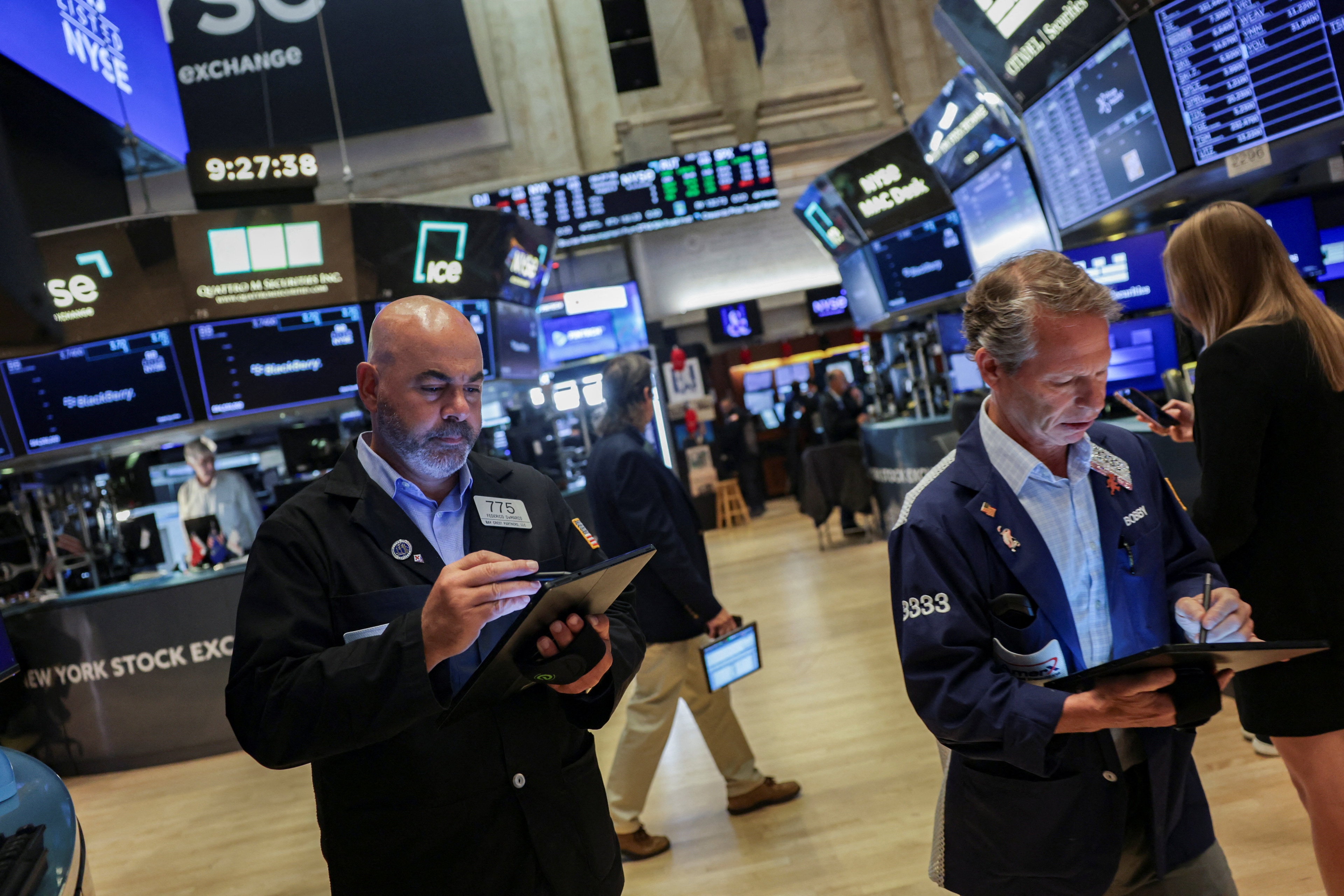Finance and the economy: Our 5 top stories from 2023

The global economy in 2023 ... inflation, rising interest rates, tight labour markets and geopolitical shocks.
Image: Unsplash/AbsolutVision
- With the end of 2023 in sight, we look back at a challenging year for the global economy.
- Economy and finance headlines have ranged from banking collapses to tightening job markets and the rise of AI.
- Here are some of the most-read stories of the year from the World Economic Forum's blog, Agenda.
The past year has been turbulent for the global economy; as inflation, rising interest rates, tight labour markets and geopolitical shocks have hit forecasts and caused uncertainty.
Throughout the year, we've released forecasts from our chief economist community, held sessions on the global economy at our events, and published our weekly news round-up of economics, financial and monetary systems.
With so much news to keep track of, we've collated the most salient - and most read - pieces of the year in one place.
1. Taming inflation with rising rates
Central banks around the world have increased interest rates across 2022 and 2023 to try and tackle inflation, while attempting to balance this with a need to maintain growth.
Our weekly news round-ups have covered these rate rises, and how inflation has changed in economies around the world.
Come the tail end of the year, many central banks have paused rate rises, with the European Central Bank, US Federal Reserve and the Bank of England all holding rates steady in early November.
Many central banks haven't ruled out further rises next year, though, should they be necessary, as this round-up explains.
Accept our marketing cookies to access this content.
These cookies are currently disabled in your browser.
2. Collapse of Silicon Valley Bank
In March, Silicon Valley Bank collapsed suddenly, sending shockwaves through US banking markets and beyond.
The event, the third-largest banking failure in US history, prompted concerns among both customers and investors about the health of other institutions.
This piece helps to explain some of the terminology around banking crises that you might not be familiar with.
3. Central Bank Digital Currencies
Technology is changing many facets of modern life, including the global financial systems.
A lot has been said in this context about central bank digital currencies (CBDCs), covering issues including data security and what separates them from other digital currencies. See below for a series of explainers on CBDCs and what they mean for people and economies.
4. Forecasts for the economy in 2024
It's been a volatile and unpredictable year for the global economy, and our September Chief Economists Outlook looked ahead to 2024.
Geopolitical shocks are creating significant uncertainty, but there are positive glimmers, such as reductions in inflation.
Nonetheless, more than 60% of those surveyed said they expect the global economy to weaken in 2024. Read more results from the survey here:
How is the World Economic Forum improving the global financial system?
5. Jobs, growth and opportunities
Some of our most read content this year has been on the topic of work, in particular, the impact of AI on jobs and the tightening of labour markets in many economies.
A recent Future of Jobs Report highlights the skills that are needed today, and for the work of tomorrow: Future of jobs 2023: These are the most in-demand skills now - and beyond
It's also been a hot topic at our events throughout the year. Follow some of the key discussions via these recorded panel sessions at the World Economic Forum's Growth Summit.
More on Financial and Monetary SystemsSee all
Dalal Buhejji
August 14, 2025
Hallie Spear
August 13, 2025
Sandra Waliczek
August 8, 2025
Rebecca Geldard
August 7, 2025
Aurora Matteini and Derek Baraldi
August 6, 2025
Sandra Waliczek and Harry Yeung
July 29, 2025





